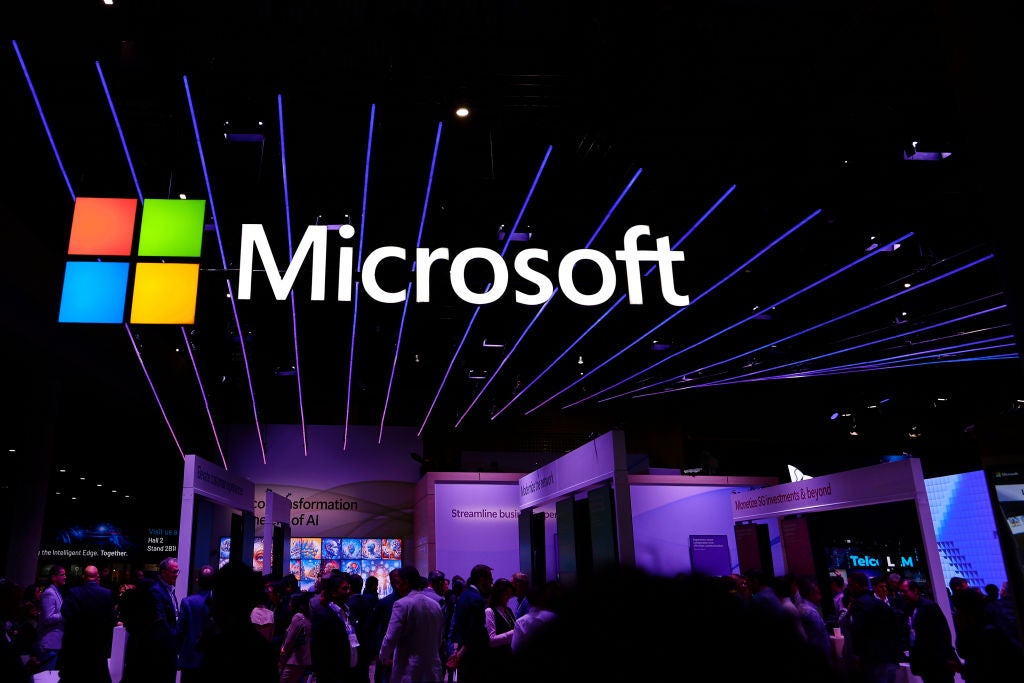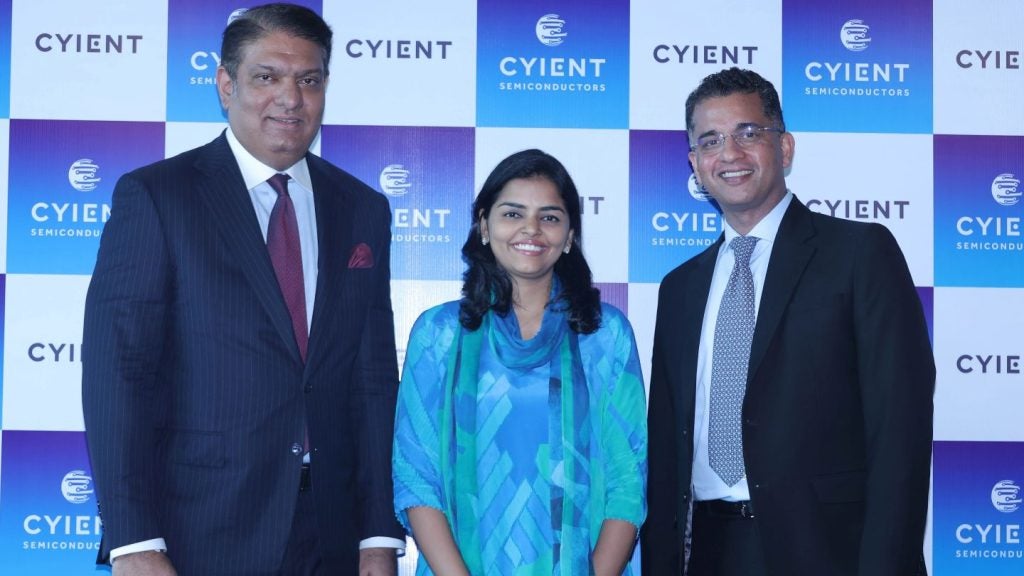
Microsoft and quantum computing company, Quantinuum, announced a technical breakthrough on Wednesday (3 April) that promises to make quantum computing more reliable.
The move comes as leading technology companies including Apple, Google, Microsoft and IBM all pursue quantum computing research and development.
Quantum computers have the capability to solve scientific calculations and challenges that traditional computers would take millions of years to understand.
However, the difficult engineering problems and temperamental nature of ‘qubits’, the units that make up quantum computers, have made quantum computing a complicated technology to develop.
A ‘qubit’ is fast but unpredictable, and can produce a myriad of data errors if the quantum computer is disturbed. Quantum researchers usually have to build more physical qubits than is necessary and enforce error-correction techniques to make sure they have enough reliable qubits.
Both Microsoft and Quantinuum said they have made a breakthrough to make working with qubits in this way more efficient.
Microsoft said it had implemented an error-correction algorithm with Quantinuum’s physical qubits, which has produced four reliable qubits from 30 physical ones.
Microsoft believes this is the best ratio of reliable qubits from a quantum chip that has ever been produced, according to Microsoft’s executive vice president Jason Zander.
“We ran more than 14,000 individual experiments without a single error,” Zander told Reuters. “That’s up to 800 times better than anything on record.”
Microsoft said it will release the technology to its cloud computing customers in the coming months.
Isabel Al-Dhahir, principle analyst at GlobalData, told Verdict that there is still a long way to go before fault-tolerant quantum computing is reached.
“Conversations around practical and scalable quantum computers have long been centered around reliability,” Al-Dhahir said.
“Microsoft and Quantinuum’s joint feat is a landmark development; however, there is still a long way to go before the commercial frontier of fault-tolerant quantum computing is reached,” she added.
“Additionally, the accomplishment may spur fresh conversations about how many physical qubits are necessary to generate reliable logical qubits,” said Al-Dahir.
Quantum researchers have previously named 100 reliable qubits as the number needed to best a supercomputer. However, both Microsoft and Quantinuum refused to say how many more years it would take to reach this goal.
According to GlobalData’s Thematic Research: Quantum Computing 2024 report, leading industry commentators estimated the quantum computing market’s size in 2022 to be between $500m and $1bn, rising to $10bn between 2026 and 2030.







